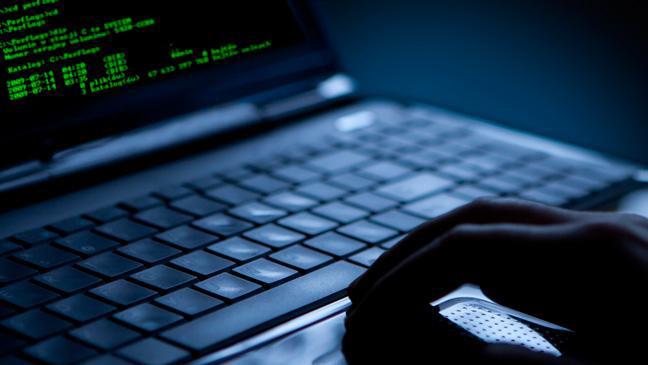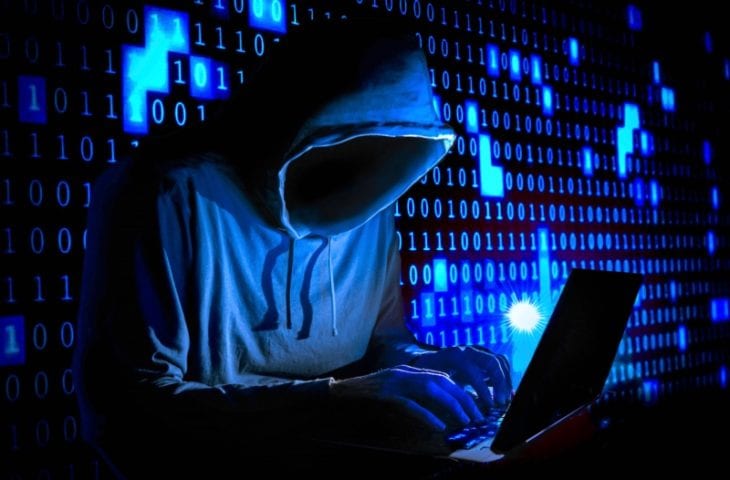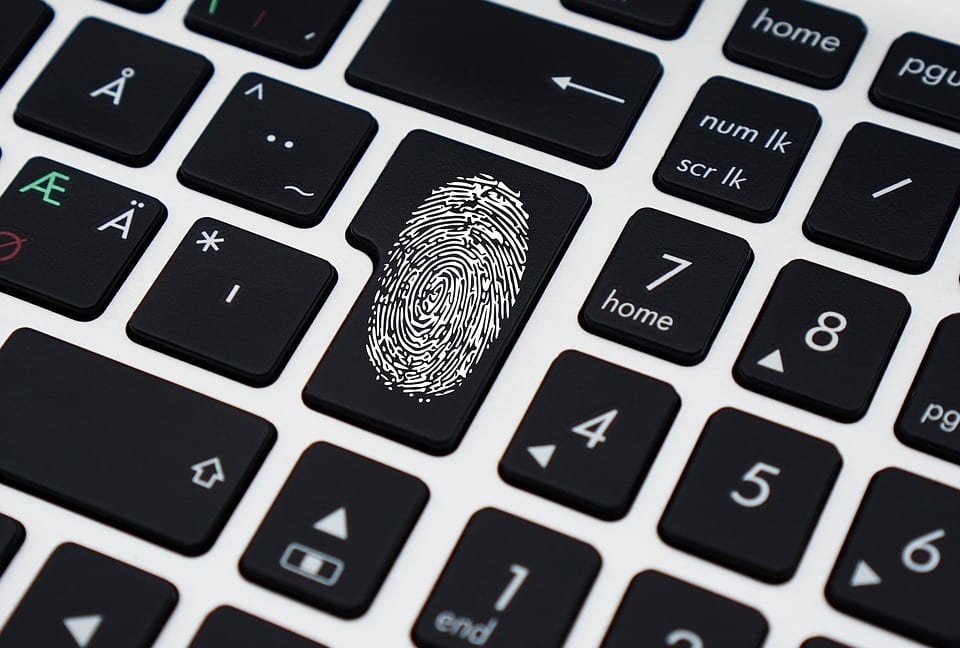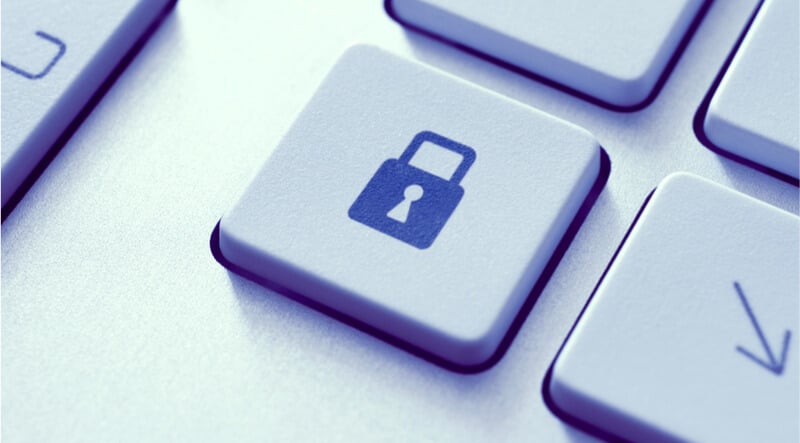There are literally billions of computers (and laptops) being used right now, around the world, by everyone from young students to working professionals (and everyone in between). Unfortunately, this means that there is ample opportunity (and motivation) for both hackers and thieves to try to get their hands on your data (or your actual laptop).
There have been several studies performed on laptop theft, and nearly all of them point to physical theft being very, very common (especially in the US). Some estimates even suggest that one laptop is stolen every 50 seconds (approximately). Others go so far as to suggest that your laptop has a 10% chance of being stolen (simply for existing).
The specific statistics behind laptop theft don’t really matter. We know they get stolen all the time, and we also know that most of these crimes are ones of opportunity. Just look at all the laptops stolen at airports every single year. People are terrible at paying attention to their surroundings (i.e. maintaining situational awareness – something we cover below).

Luckily, there are several strategies that you can use to mitigate the risk of your laptop being hacked into (or physically stolen). That’s why we wrote this blog post; to provide you with some quick and easy ways to strengthen your laptop’s digital and physical security.
First, we cover exactly how to secure your laptop from being stolen (hint: it’s called a lock), then we cover some basic tips to avoid putting yourself into a situation where your laptop would be stolen, to begin with (i.e. making yourself a harder target). After that, we go into some basic ways of beefing up your laptop’s digital security (you know, passwords, encryption, all that fun stuff).
Protecting Your Laptop From Physical Theft
Hackers are scary, but do you know what’s even scarier? Your laptop being physically stolen from you (and you have no idea if your data is safe, what’s happening to your laptop, etc.). How much personal data do you have stored on your laptop? Is it encrypted? Don’t worry, we’ll get into that later. For now, let’s focus on the basics (i.e. using a cable lock system).
For example, let’s say you have a Macbook. MacBook locks exist, and if you purchase them from a quality manufacturer they can last the entire lifespan of your computer (and in most cases even longer). So then, why aren’t you using one? This should be one of the top priorities for someone wanting to prevent their laptop from getting stolen.

The way these cable lock systems work is kind of like how a bike lock works. You connect the lock system to your laptop (typically done via a special insertion point) and then connect the cable to an anchor point (which ideally should be very heavy, large, and unmovable – otherwise what’s the point of using the lock).
Know What’s Going on Around You
Situational awareness isn’t something a lot of people spend any amount of their time thinking about. Have you ever walked down a crowded city street? 80% of people have their eyes glued on their phones and can barely walk in a straight line (let alone maintain proper situational awareness).
Situational awareness doesn’t just apply to the physical world either, but it also applies to the internet (and using technology in general). That’s how most hackers gain access to secured systems – via social manipulation (or being very skilled programmers – or usually a combination of both).
Securing Your Laptop From Digital Vulnerabilities

Apart from making sure that your laptop is physically secure, the second thing on your list of security priorities should be making sure that it’s digitally secure as well. This means encrypting your hard-drives, using strong passwords, backing up your data to the cloud (or another drive).
These are all very simple risk mitigation strategies that don’t take much time to implement at all, yet most laptop-users fail to do any of them. Why? Is it laziness? Do people just not care if their most private and personal data/information is stolen? Unfortunately, most people simply don’t care (until they’ve been hacked and their bank account is emptied by someone in Russia, or China, or Ukraine, etc.).
If you want to have a truly secure laptop, you need to start taking your digital security more seriously. This also means practicing basic awareness while browsing the internet (i.e. not clicking suspicious links, not downloading things from weird websites, etc.).
Even if you do a good job of protecting your laptop from viruses or malware, there still may be times when you just need to clean up your laptop, or even do a full restore. Don’t panic if this happens! There are plenty of resources online to help with this activity and get you up and running in no time.














Leave a Reply